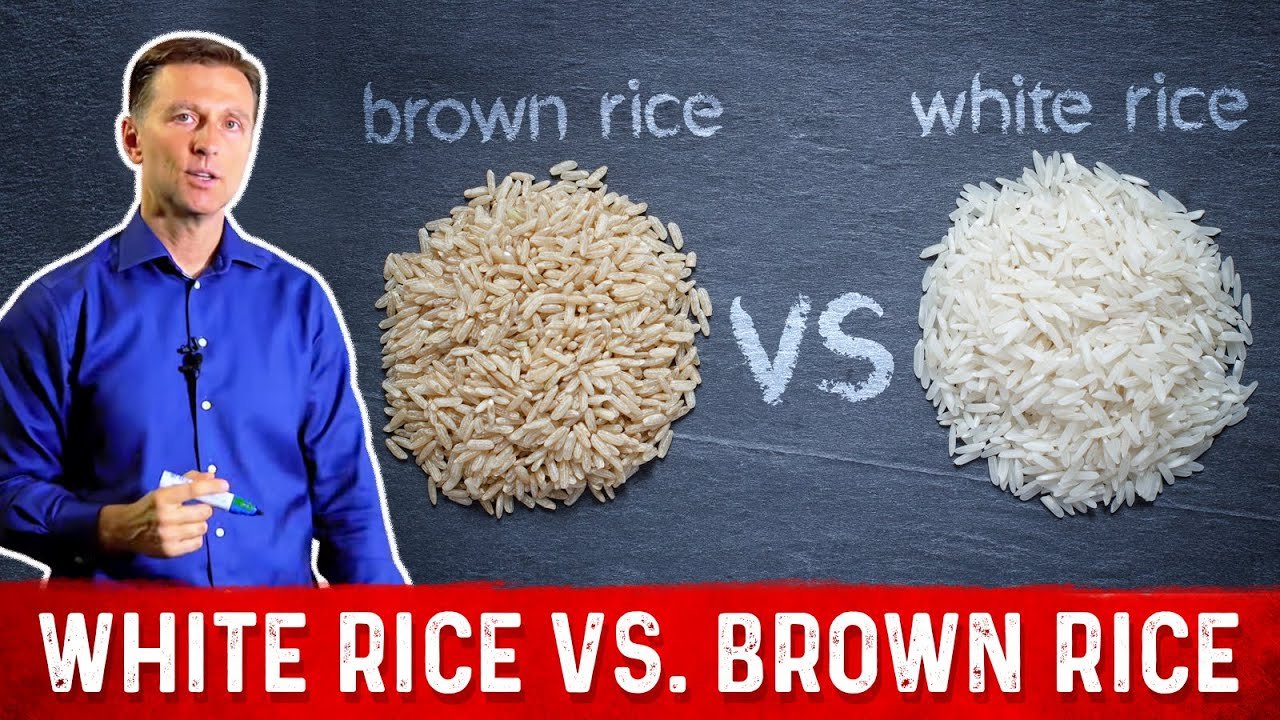How Many Calories Should a 40-Year-Old Woman Consume?
The number of calories a 40-year-old woman should consume each day depends on her activity level, body size, and overall health. Generally speaking, the recommended calorie intake for women aged 40 and older is 2,000 to 2,200 calories per day. However, if you are active or have specific dietary needs, your calorie needs may be higher or lower.
Calorie Needs for a Sedentary Lifestyle
If you have a sedentary lifestyle and do not engage in regular exercise, the recommended calorie intake is 1,800 to 2,000 calories per day. A sedentary lifestyle means that you do not get much physical activity and may spend most of your time sitting, such as working at a desk or watching television.
Calorie Needs for an Active Lifestyle
If you are moderately active, meaning that you get at least 30 minutes of exercise most days of the week, the recommended calorie intake is 2,000 to 2,200 calories per day. Moderately active women should also include strength training two to three days a week.
Calorie Needs for Very Active Women
If you are very active, meaning that you exercise vigorously for at least 60 minutes most days of the week, the recommended calorie intake is 2,400 to 2,600 calories per day. Very active women should also include strength training two to three days a week.
Factors That Impact Calorie Needs
In addition to activity level, your calorie needs are also affected by your body size, age, and overall health. Larger women and those with more muscle mass typically need more calories than smaller women and those with less muscle mass. Additionally, as we age, our metabolism slows down, making it harder to maintain a healthy weight. Finally, those with certain medical conditions, such as diabetes, may need to adjust their calorie intake to manage their condition.
Body Mass Index (BMI)
Your body mass index (BMI) is a measure of your body fat based on your height and weight. It is used to estimate your calorie needs. A BMI of 18.5 to 24.9 is considered healthy, while a BMI of 25 to 29.9 is considered overweight. If your BMI is over 30, you are considered obese.
Calorie-Tracking Tips
Tracking your calorie intake is an important part of maintaining a healthy weight. Here are some tips for tracking your calories:
- Keep a food diary. Write down everything you eat and drink, as well as the calories in each item.
- Read food labels. Pay attention to serving size and calories per serving.
- Measure your food. Use measuring cups and spoons to make sure you are eating the right amount.
- Be mindful of portion sizes. Don’t eat more than you need.
- Eat slowly. Take your time to enjoy your food.
If you are having trouble meeting your calorie needs, talk to your doctor or a registered dietitian. They can help you create a personalized meal plan that meets your calorie needs and is tailored to your individual health needs.

